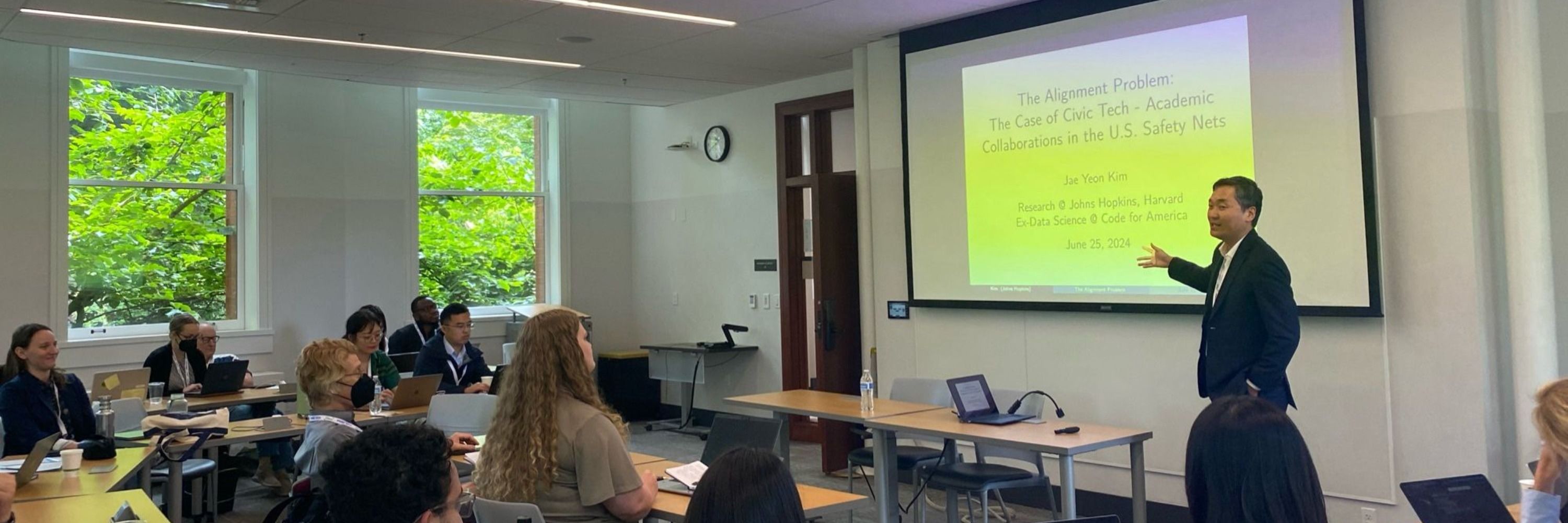
https://jaeyk.github.io
I'm looking forward to following your next intellectual and policy adventure and, most of all, your upcoming book!
I'm looking forward to following your next intellectual and policy adventure and, most of all, your upcoming book!
Link for the full Substack post is here: jaeyeonkim.substack.com/p/9-tips-for...

Link for the full Substack post is here: jaeyeonkim.substack.com/p/9-tips-for...
7. Talk to alumni who thrive outside academia.
8. Go to APPAM if you are a policy-oriented social scientist.
7. Talk to alumni who thrive outside academia.
8. Go to APPAM if you are a policy-oriented social scientist.
2. Don’t treat nonacademic roles as a fallback.
3. Don’t burn bridges with advisors or colleagues.
4. Don’t choose a nonacademic path only because you dislike parts of academia.
5. Use your summer strategically and seek internships when possible.
2. Don’t treat nonacademic roles as a fallback.
3. Don’t burn bridges with advisors or colleagues.
4. Don’t choose a nonacademic path only because you dislike parts of academia.
5. Use your summer strategically and seek internships when possible.


